Britain calls urgent meeting of G7 health ministers over Omicron as Omicron spreads around globe
Britain, currently chair of the Group of Seven (G7), has called for an emergency meeting of the grouping to address concerns about the new Omicron COVID-19 variant spreading across the world.
Britain is one of several European countries to have announced cases of the heavily mutated new variant, which first emerged in South Africa earlier this month.
"Under the UK presidency an urgent meeting of G7 health ministers will be convened on Monday 29 November to discuss the developments on Omicron," the British health ministry said Sunday.
The proposed meeting to be attended by health ministers from Canada, France, Germany, Italy, Japan, the UK and the United States will convene on Monday, it added.
The statement also announced that wearing face masks will be mandatory in shops, banks, post offices, hairdressers and on public transportation in the United Kingdom, starting Tuesday.
Also starting Tuesday, all foreign travelers to the UK will be required to take a PCR test.
Britain has so far confirmed two cases of the new variant, connected to travel to South Africa. One more case was detected on Sunday, but the person is reportedly no longer in the country.
European Commission chief Ursula von der Leyen has said the world is in a "race against time" to understand the new COVID-19 variant.
"We know we are now in a race against time," Leyen said during a visit to Lithuania on Sunday, urging people to take precautions to give scientists time to understand the Omicron strain.
"The scientists and manufacturers need two to three weeks to have a full picture about the quality of the mutations of this Omicron variant," she added.
In an effort to contain the new variant, which has far been detected in more than a dozen countries across Europe, Africa and Asia, countries have moved swiftly to re-impose travel restrictions.
So far, the Omicron variant of coronavirus has been found in Australia, Belgium, Botswana, Britain, Canada, Denmark, France, Germany, Hong Kong, Italy, the Netherlands and South Africa.
South African president, Cyril Ramaphosa, has condemned travel bans enacted against his country and its neighbors over the new variant.
The World Health Organization (WHO), which has dubbed it a "variant of concern", has said that it could take "days to several weeks" to understand whether it is more dangerous than the earlier variants.
The global health body has warned against countries hastily imposing travel curbs, saying they should look to a "risk-based and scientific approach."
“With the Omicron variant now detected in several regions of the world, putting in place travel bans that target Africa attacks global solidarity,” said WHO regional director for Africa, Matshidiso Moeti.
Many countries from Indonesia to Saudi Arabia have imposed travel restrictions for visitors from southern Africa and its neighboring countries in recent days.
Singapore has deferred the start of vaccinated travel lanes with Middle Eastern countries, such as Qatar, Saudi Arabia and the United Arab Emirates, in view of their role as "transport nodes" of the disease, according to its health ministry.
On Monday, Japan’s prime minister, Fumio Kishida, said he was barring all foreign arrivals over the new variant, saying the country is “taking measures with a strong sense of crisis.”
Kishida said Japan, where more than 76% of the population is fully vaccinated, would go ahead with plans to administer booster shots from next month.
"We can clearly see that the Omicron variant presents many more mutations than the Delta variant," a team of researchers from the Bambino Gesu hospital in Rome said in a statement on Sunday after mapping out the three-dimensional "image" of the variant.
"This does not automatically mean that these variations are more dangerous, just that the virus has further adapted to the human species by generating another variant," the researchers said, adding that other studies will reveal if this adaptation is “neutral, less dangerous or more dangerous."
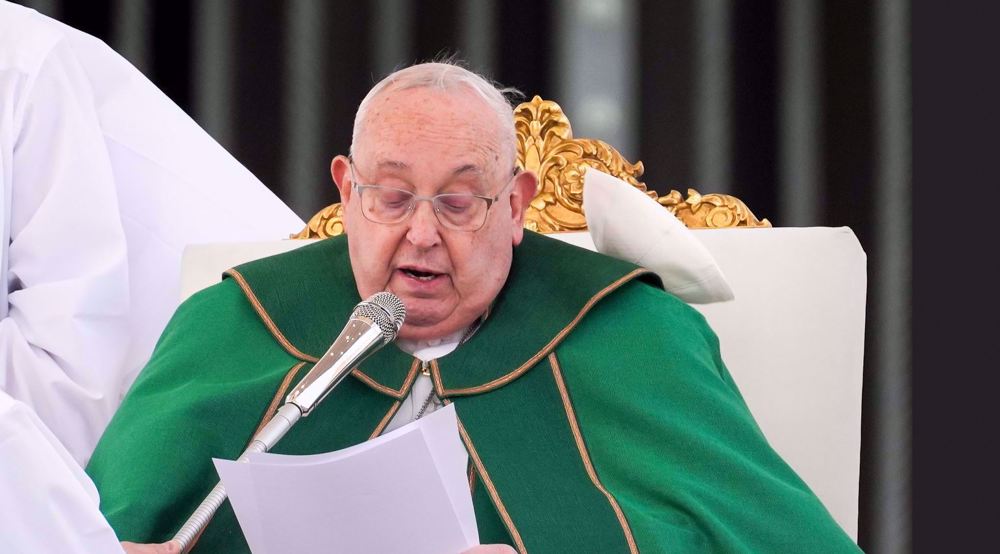
Pope Francis in critical condition due to ‘asthmatic respiratory crisis’: Vatican
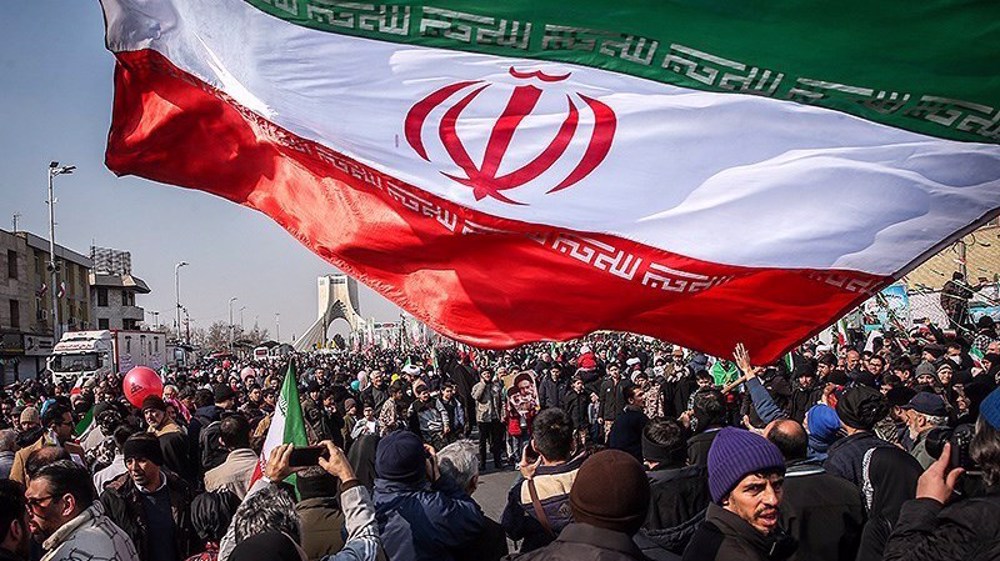
Hezbollah hails Iran’s Islamic Revolution as historic turning point in resistance

Iranians mark 46th anniversary of Islamic Revolution with nationwide marches, celebrations
Iranian flotilla makes port call in India with 'friendship message'
How UK counter-terror police colluded with Zionists to detain me after Beirut trip
Biden, Blinken, Austin referred to ICC over Gaza war crimes
EU will 'do the same' if US implements tariff hikes: France
VIDEO | Press TV's news headlines
British celebrities condemn BBC removal of Gaza documentary
Iran Army acquires tactical vehicles, audio surveillance systems
VIDEO | UK police detain anti-Zionist scholar upon return from Lebanon


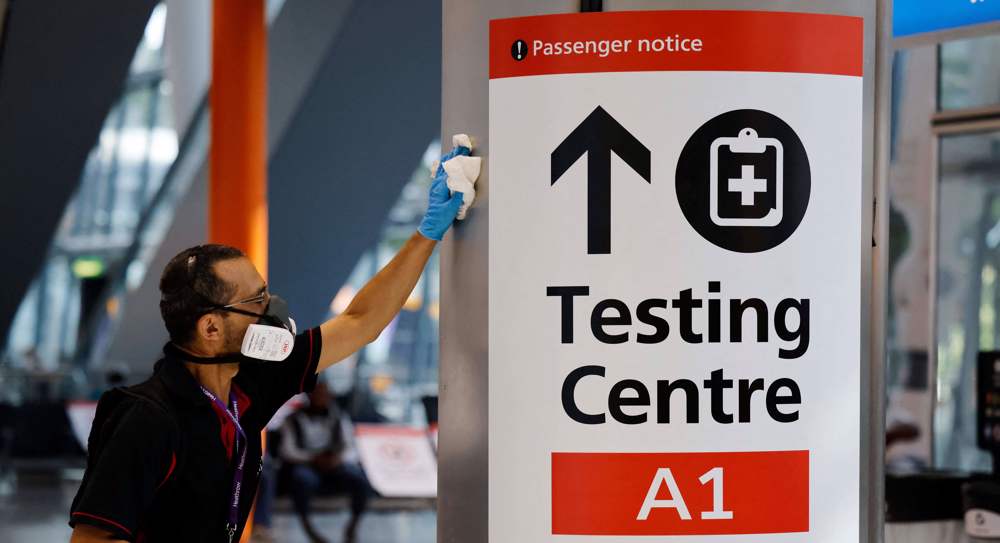
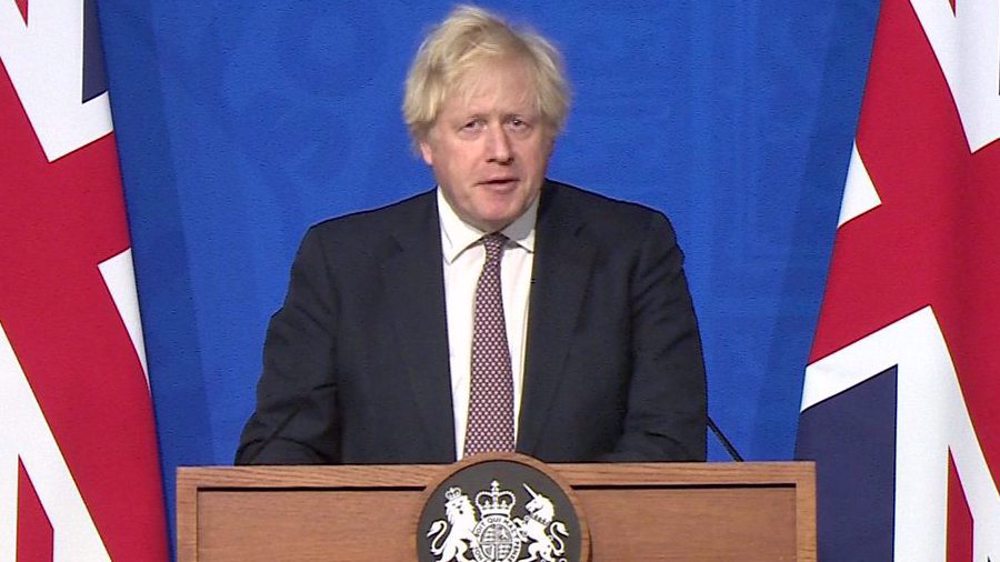
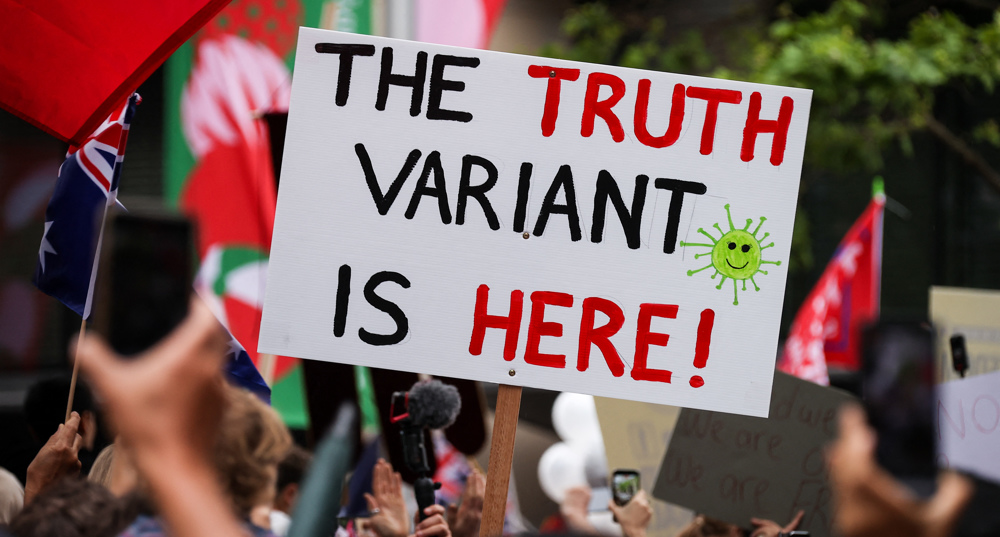



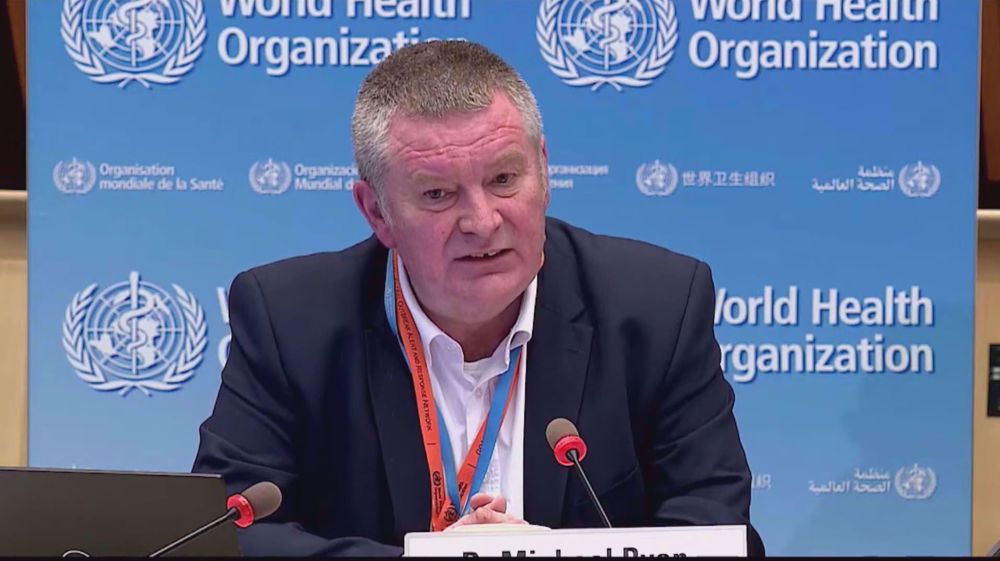
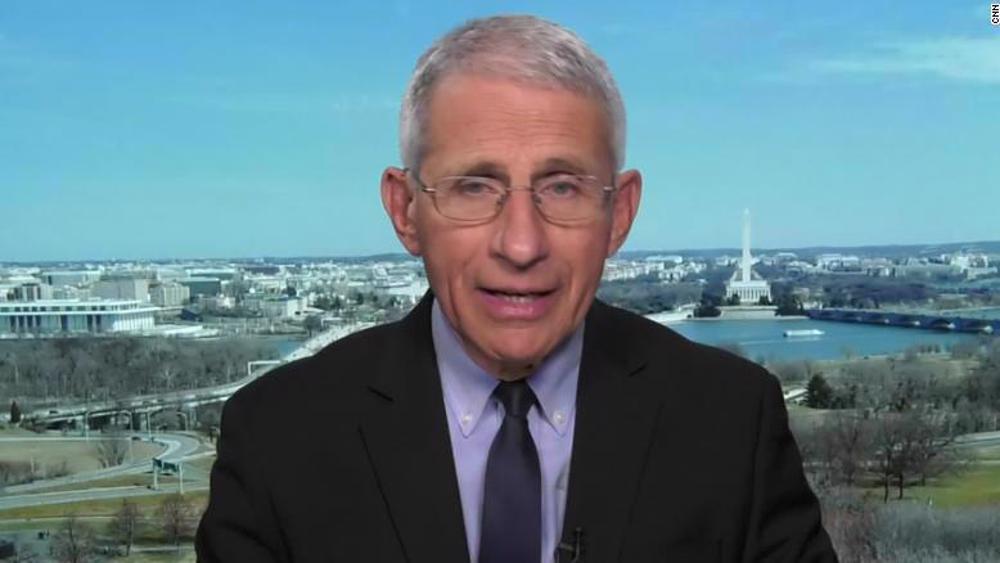
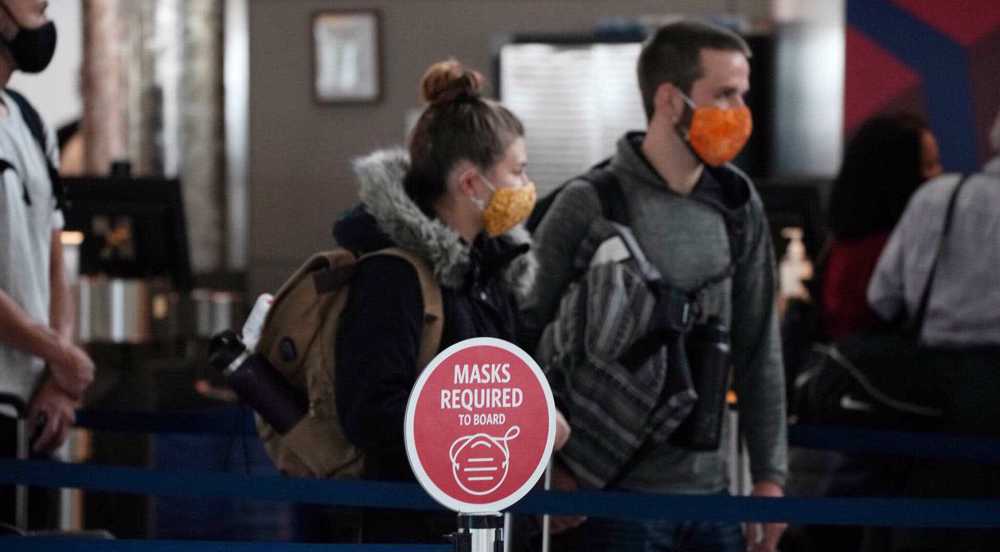

 This makes it easy to access the Press TV website
This makes it easy to access the Press TV website